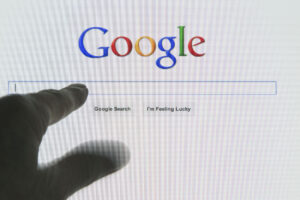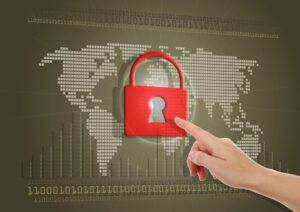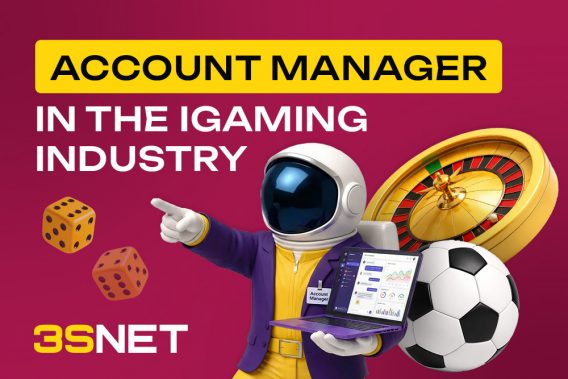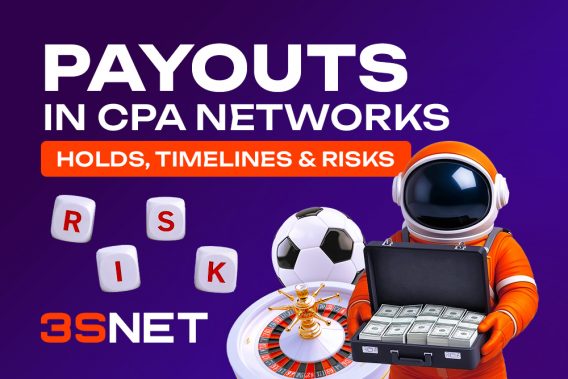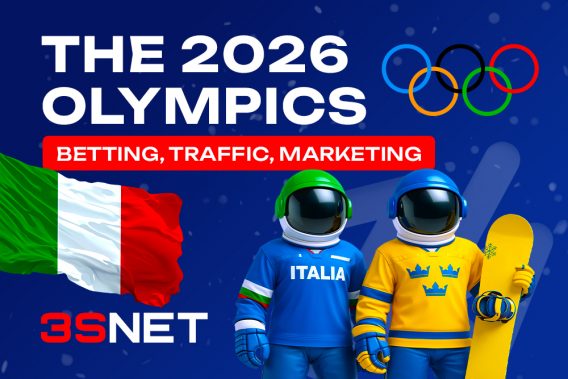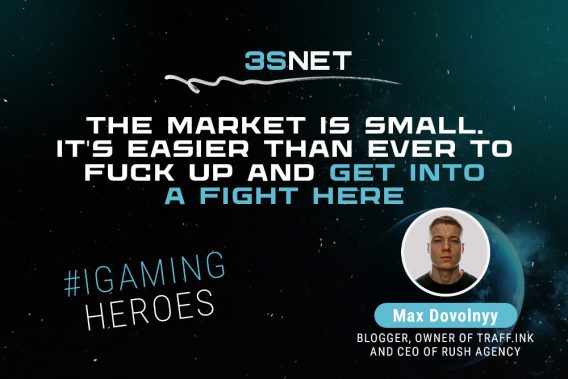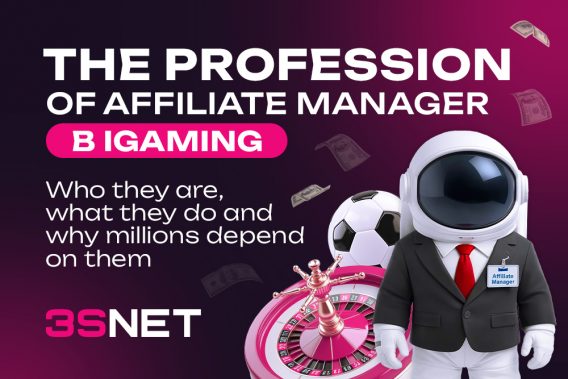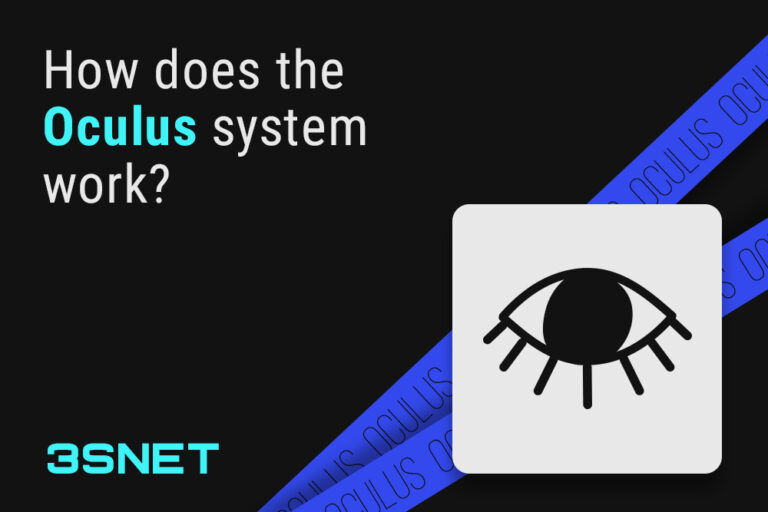
Publication date: 14 February 2023
In February 2023, another tool was launched in Russia, allowing Roskomnadzor (RKN) to monitor and identify sites with prohibited content. A total of 15 million roubles was spent on developing the terms of reference and 57.7 million roubles on creating the service itself.
According to the General Radio Frequency Centre (GRFC, one of the RKN structures), the Oculus search system is aimed at violations of the law that are posted in images and video materials. Detection of low-quality video content is conducted according to the main types prescribed in the system in advance.
As a reminder, at the request of the RKN a site may be blocked if it contains information of extremist nature, propaganda of drugs and suicide, pornographic materials, slander. Also, as specified by the GRFC, the system will automatically detect calls for mass illegal activities and LGBT propaganda.
The new Oculus program analyses images and symbols as well as text in photos and videos posted on various website pages, as well as in profiles and social networking groups. The content found is checked for compliance or non-compliance with legal requirements.
Until now, such verification was carried out manually by GRFC staff, with operators processing an average of 100 images and videos a day. The new system will make it possible to analyze more than 200,000 pieces of content per day, which will significantly increase the effectiveness of monitoring.
It is planned that Oculus search will be significantly improved by 2025. Banned material will be detected “on a few frames in video clips, complex handwritten texts and drawn content”. The algorithm will learn to analyze people’s postures and actions.
The result of the Oculus operation will also be the subject of further development. For now, all the information revealed is not automatically sent anywhere: after detecting inaccurate content, the site is not blocked and no criminal or administrative proceedings are initiated. In order to avoid errors and to develop a correct response, all material will be sent for manual processing.
As it was specified in Roskomnadzor, in 2022 more than 100 thousand sites with inaccurate content were removed or blocked upon request of the prosecutor general’s office. In 2021, there were only 7,000 such resources, in 2020 the figure was 1,500, and in 2019 it was only a few hundred. This shows not only the increased activity of the RKN and the perfection of the tools used, but also a rise in the amount of inappropriate material.
Share it with your friends via favorite social media

